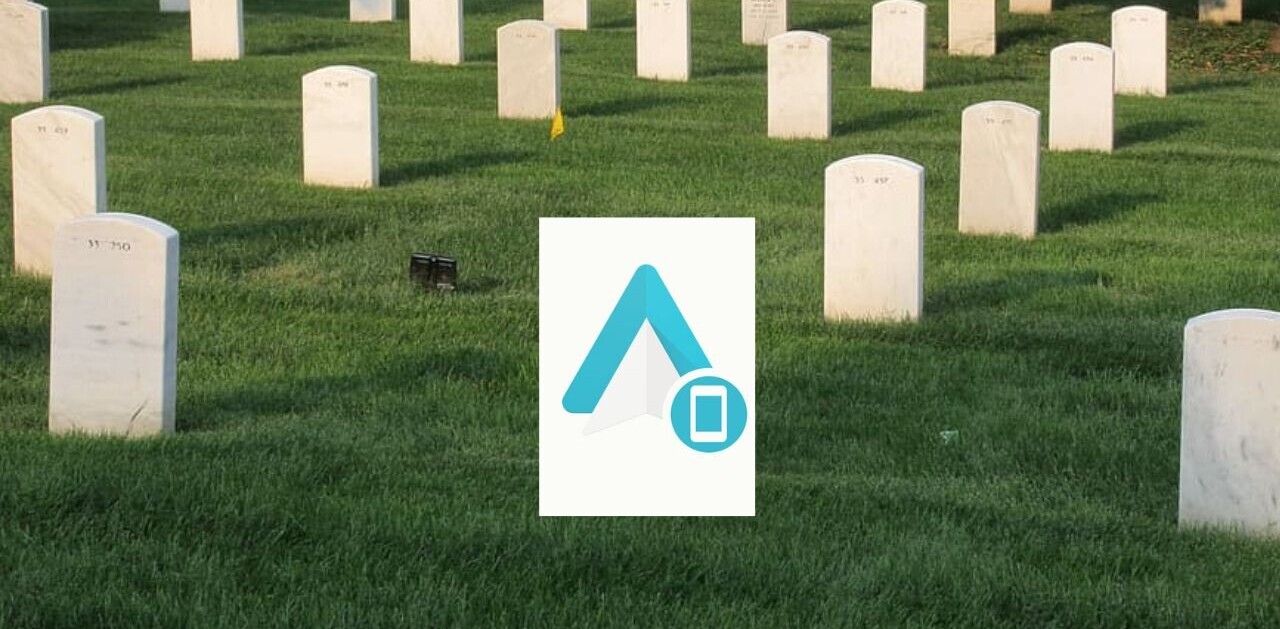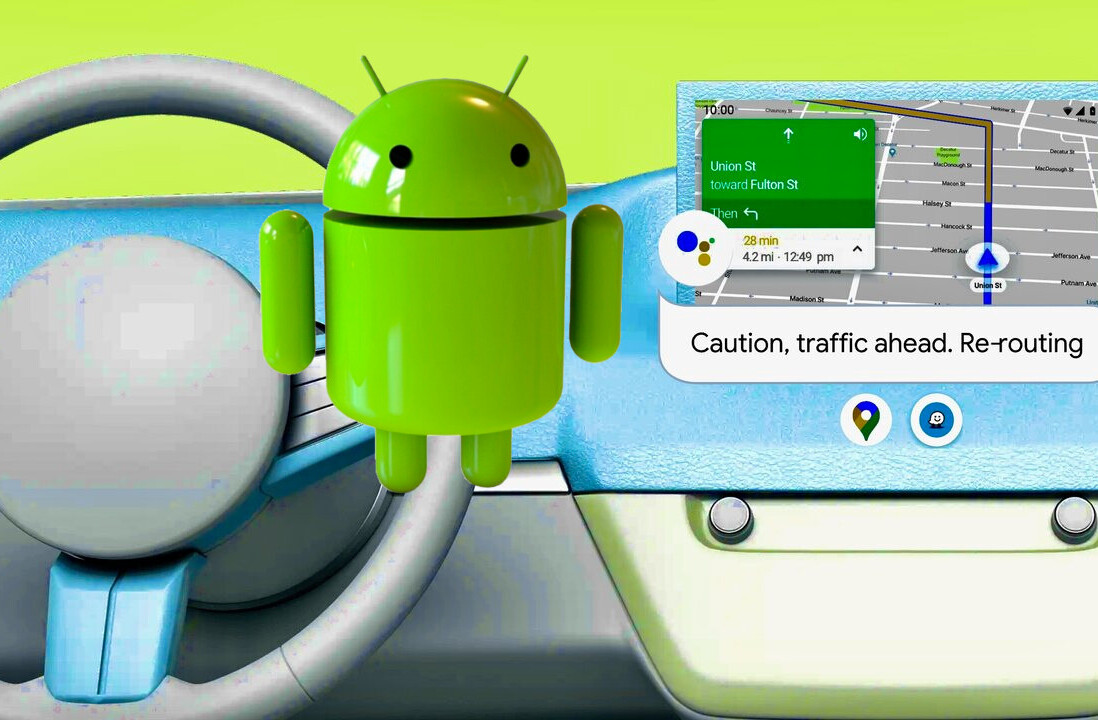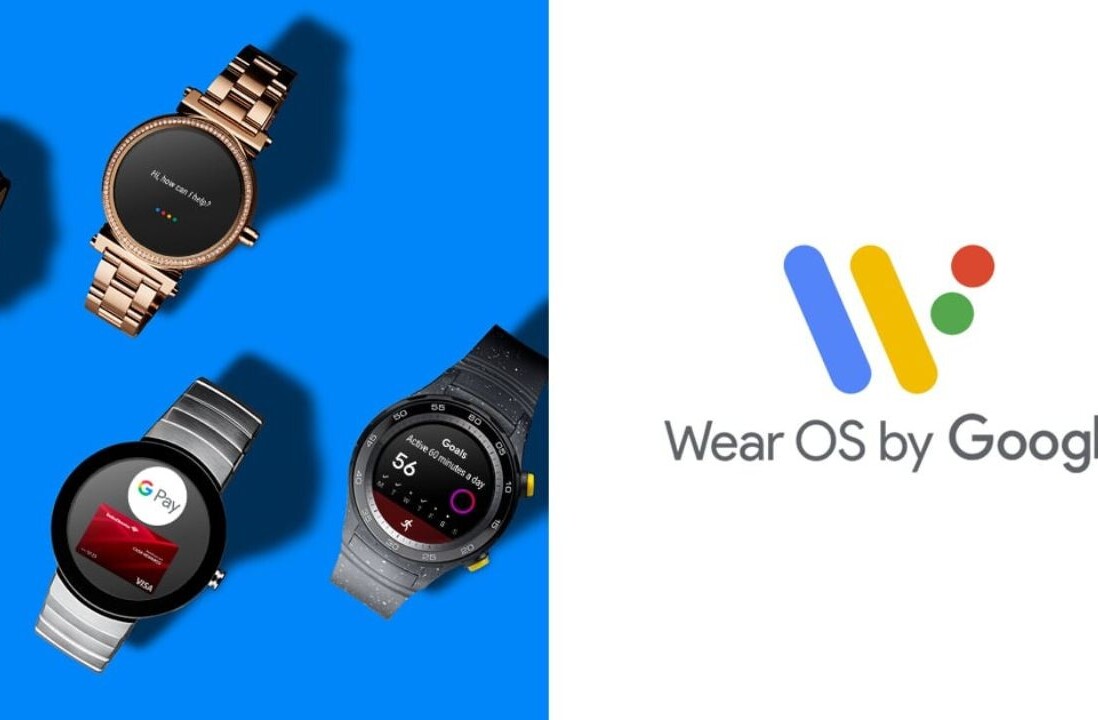
Free language learning platform Duolingo has launched its Android app, which was highly expected following the launch of its iOS app last November. With this new addition, the startup hopes to gain further market share among language learners, especially in Latin America.
One of Duolingo’s most interesting aspects is its business model. As part of their learning process, users are given the option to collaborate with each other to produce crowdsourced translations. Duolingo claims that their quality can rival with the work of professional translators, and made no mystery that it was planning to sell them to third parties. This approach is now starting to materialize as a viable monetization route, as the startup has signed its first client, a US publisher keen to translate news articles from English to Spanish.
This innovative approach is the brainchild of Luis von Ahn, who is far from a newcomer when it comes to leveraging the power of the crowd. An associate professor at Carnegie Mellon University, this Guatemalan entrepreneur is one of the creators of the CAPTCHA method of verification. Perhaps more importantly, he found a way to repurpose said CAPTCHAs for book digitization with his company reCAPTCHA, which Google acquired in 2009.
Thanks to von Ahn’s track record, Duolingo raised a whopping $18.3 million in funding from backers such as Ashton Kutcher, Tim Ferriss, Union Square Ventures and NEA, which led its $15 million Series B round last September.
TNW: How has Duolingo’s Android app been received so far?
LvA: It’s going very well. We are the number one Education app in Google Play at a global level; we had 300,000-400,000 downloads in a few days and the ratings are good.
TNW: In this case, do you have any regrets on not launching on Android first?
LvA: No, because there was a good reason for that: it’s a lot easier to develop for iOS. Some say it’s almost as easy to develop for Android now, because they are frameworks you can use, but they actually don’t work that well. If you want an app to work properly on all sorts of devices, you have to develop specifically for that platform, which is why it took us so long. So even if iOS is probably a smaller market for us, I don’t have any regrets about launching on iOS first.
TNW: When you say iOS is smaller for Duolingo, is that because of the markets you’re targeting?
LvA: Yes; we think that biggest market share for learning languages is outside of the US, so even if our iPhone has been doing well so far, we expect Android to end up being bigger for us.
TNW: Outside of the US, is it true that you are especially interested in Latin America, and why?
LvA: That’s correct, we are especially interested in Latin America, for two main reasons. The first one is that I am from Latin America. The second is that there is a very huge market of learning English in Latin America, which is much easier for us to attack than Asia’s.
TNW: Can you tell us more about the specifics of Duolingo’s push in Latin America?
LvA: We haven’t done any advertising yet, and we will probably never do it. It’s not for ethical reasons, it’s because of our focus. Some of our competitors spend most of their money on advertising and almost no money on improving their product. Our choice is to spend all our money on improving the product, because we believe the better product will win.
So we won’t do large advertising campaigns like Open English is doing, but we have other things. We don’t support many languages, but Spanish was our first non-English language and we then added Brazilian Portuguese. [Duolingo also offers English for Spanish and Portuguese speakers.] This means that we have been talking to several government entities in Latin America and looking into different sorts of partnerships. Schools are especially interested in Duolingo because it is entirely free.
TNW: We previously wrote about Central America’s tech/startup scene or the lack thereof; what’s your take on that?
LvA: Some countries in Latin America are doing much better — mostly Brazil, Chile, as well as Mexico at some level. Guatemala not so much, although it is better than it was. The thing is there’s a lot of talent there, but not so much culture of doing this.
TNW: We also mentioned TEC Guatemala, are you familiar with this initiative [to support startups in Guatemala]?
LvA: Yes, and I am very happy that this exists; but the biggest thing that is needed is a change of culture. Right now in Guatemala there are lots of very smart engineers who go work for banks once they graduate. Having engineers working for banks isn’t a problem in itself, and it would be OK if some did and some didn’t, but it’s a pity when they all do.
TNW: What did you and do you still enjoy about teaching?
LvA: I really enjoy teaching myself, and I’ve always wanted to be a teacher; but now instead of teaching to 30 pupils, I prefer helping teach things and scale learning, like through Duolingo.
TNW: You recently did an AMA on Reddit, in which you explained how Duolingo plans to scale the addition of new languages.
LvA: Right now we have six languages, and we get hundreds of requests per day for additional languages through every single channel where Duolingo is present. At first we wanted to listen to that and add the languages that people were requesting, but we listed the languages that were been mentioned at least a certain number of times, and we realized that there were 70 of them.
It would be impossible to add all of them ourselves, so we decided to move away from that option, and find a way to let users add new languages themselves. This is still a few months away, because it is not easy to do it right, but that’s what we are going to do.
We are thinking of introducing a filter that may be similar to Kickstarter. What that means is that one person wouldn’t be able to start a language course on their own, they would need to get enough people to demonstrate interest first [by supporting their plans].
TNW: This would be yet another continuation of your focus on crowdsourcing?
LvA: Yes, and it will be really compelling to use crowdsourcing at so many levels and to show that it works.
TNW: You have recently signed your first publisher partner. How did you convince them to rely on Duolingo’s crowdsourced translations?
LvA: We simply showed them the results, because they are excellent.
TNW: Are you planning to commission a study on crowdsourced translations?
LvA: We will probably do one, but most of our upcoming studies will be about learning. There’s a lot we can do on the learning side to improve what we do. We think we’re already the best that exist, but we also know we are not the best that can exist.
TNW: Is Duolingo’s learning curriculum based on trial and error?
LvA: Yes. At the beginning we talked to many experts and we read books, because we didn’t know much about teaching languages; but after a while we realized they didn’t have much answers either. If we asked specific questions, the answers weren’t based on actual measurements, only on their general philosophy. So we started doing experiments, because we all the users we have, we can easily do test and find out the best moment to teach plurals, for instance.
TNW: That’s A/B testing for learning?
LvA: Right! Every week, we test at least 10 things on a portion of our users. This means we’re learning about learning at a very large scale. In the past teachers couldn’t do that in their classrooms, but now we are able to constantly learn and improve.
TNW: I am sure you have also learned about your users’ learning schedule. Have you noticed any seasonality?
LvA: Yes, for instance we know now that December is a bad month for learning languages. We have also noticed weekly patterns: people use Duolingo much more during the week than over weekends. Desktop use mostly occurs during the day, and we see a lot more mobile connections at night.
TNW: How did you conceive your gamification system?
LvA: That was also through A/B testing. We have a lot of different gamification aspects, and we test all of them. For instance, we have tested the optimal number of points to give for each answers and how many hearts to give you.
TNW: You commissioned a study to evaluate Duolingo’s effectiveness for learning. Were you surprised by the results?
LvA: Yes, because we knew it was going to be good, but didn’t know it was going to be so good.
One of the findings is that 34 hours of learning a language on Duolingo give the same results as one university semester. I guess it shows that doing things based on science works! I like to say that the language learning space is similar to diets: very few are based on science… but I still think we can do twice as good as we already do.
TNW: Besides being based on science, what differentiates Duolingo from its competitors?
LvA: Our second main asset is that our service is really free – many do claim they’re free but they are not. That’s a huge differentiator because in Latin America, a lot of people who want to learn English in Latin America don’t have much money; those who do have money already learned it in school.
So our first differentiator is that our solution is effective, and the second is that it’s free, which seems to be a good combination! There’s also a third one to add to the list: gamification, because we want users to come back. It differentiates us from our competitors, because for paid services, once you have paid, it doesn’t matter if you learn or not; whereas in our case, the more you use Duolingo, the better.
TNW: So the learning space is like diets, and your competitors think like gyms?
LvA: Yes, exactly! [laughs]
TNW: How big is your current team?
LvA: We have 27 people, out of which are 15 software engineers, four do UX/UI, one is our community manager, most of the rest are language experts. This shows where our focus is: on improving the product.
TNW: How did you convince high-profile investors to bet on a free product?
LvA: We teamed with investors who believe in our cause, and are also convinced that we can make enough money selling translations. I actually put as a condition that Duolingo would have to remain entirely free — I just don’t see need for another Rosetta Stone or Open English.
TNW: Duolingo has a Twitter account called @ShitDuoSays, and you mentioned the CAPTCHArt meme in your TED Talk. Is this your personal take on embracing criticism?
LvA: Our view is that if something is broken and people report it, we should fix it rather than fighting it. It’s important to be open to criticism, and it is actually useful — we have so many sentences that ShitDuoSays helps us spot the odd ones.
On the other hand, it is a bit hard when users ask for so much. For instance we just launched our Android app after months of work, and people immediately ask us: “What about Windows 8, when are you launching an app?”
TNW: And what is the answer?
LvA: The answer is: “We don’t know.” We are also talking with Firefox OS and looking into Symbian, but we don’t know if we’ll do either, because it would almost be a bet on their future growth. Our priority right now is to see how we can add the same features on Android that we have on iOS.
TNW: What is your next milestone for 2013?
LvA: We had 3 million users before our Android launch, and our goal is to reach 10 million by the end of the year.
Headline image via Thinkstock
Get the TNW newsletter
Get the most important tech news in your inbox each week.




